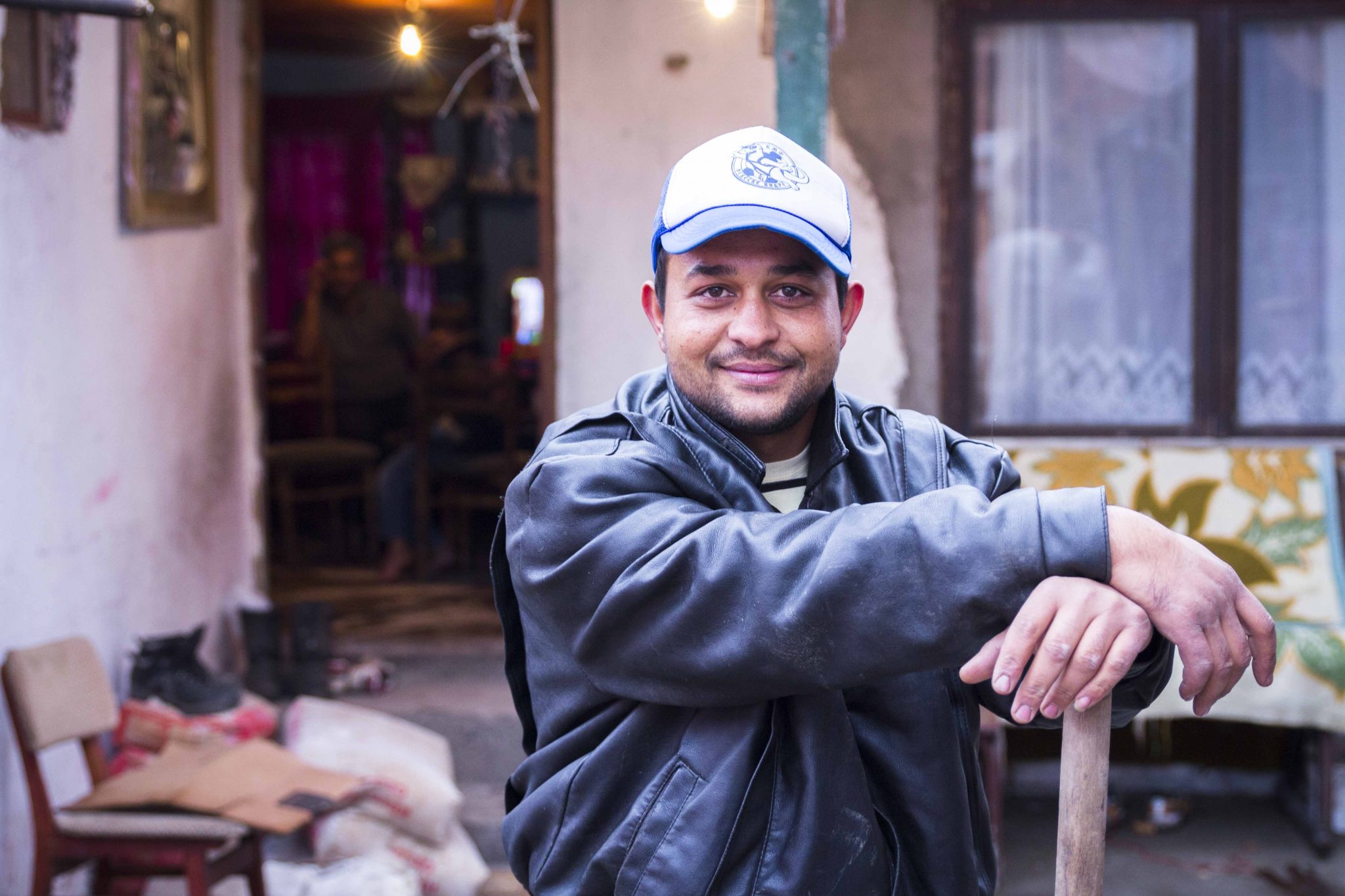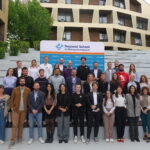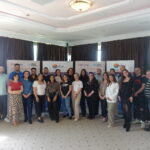
Program description
The purpose of this project is to provide better access to social inclusion, employment, education and resettlement for Roma who have been refused asylum in Germany or another EU Member State, and consequently returned to Serbia.
Events in this program
Yearly, BFPE realizes more than fifty various events: conferences, round tables, panel discussions, consultancy, workshops and simulations.
Analysis and Publications
All our analysis in a single place: analysis; policy proposals; analytical reports from our events.
Program description
The United Nations Development Program (UNDP) in cooperation with the Belgrade Fund for Political Excellence (BFPE) and the Standing Conference of Roma citizens’ associations – the League of Roma, launched in 2016 a pilot project called ,,reintegration of Roma returnees in Serbia” . The purpose of this project is to provide better access to social inclusion, employment, education and resettlement of the Roma who have been refused asylum in Germany or another EU Member State, and consequently returned to Serbia. UNDP and partners through this project promote successful and sustainable reintegration of returnees through the application of a new approach to reintegration – a model of cooperation. The project is implemented during 2016 in Nis and Subotica, with extremely positive results, which led to it being repeated in 2017. This year, we are sharing models of good practice in the city of Vranje.
Components of a model of cooperation are:
- Partnership with the various levels of government, at the state and local level, as well as at the level of local communities;
- Partnership with the private sector;
- Partnership with civil society;
- Partnerships with international organizations.
Improving the general conditions of life should lead to a reduced number of asylum seekers, especially those who decide to leave the country because of poverty, unemployment, lack of housing conditions, inadequate health and social services, discrimination, combined with low levels of education and lack of personal documents. Simply, in the words of one of the returnees – project participants: ,,Give us a job and we are not going anywhere”.
What are our goals?
- Enhanced cooperation in the creation of partnerships oriented to results;
- Compliance with national and international standards, principles and strategies regarding migrants and Roma;
- Focusing on the key causes of migration, through the provision of sustainable return through socio-economic reintegration and personal development;
- Encouraging gender equality.
In order to reach the goal:
The existing model includes following activities:
- Direct support for socio-economic reintegration and social inclusion;
- Empowering returnees to develop their personal and professional skills;
- Improving coordination mechanisms at the local level;
- Raising awareness among returnees on existing ways of improving living conditions;
- Learning from experience.
What have we achieved since the launch of model?
- The establishment of operational Incubator Center in Nis.
- Returnees builders employed by the “Clean Earth Capital” company.
- Renovated 9 returnees’ houses, by the returnees themselves from the incubator center.
- Conducted additional construction projects in the same neighborhood (roads, etc.) And provided materials for restoring two houses, rational use of resources and engaged work of engineers from the incubation center.
- 38 students supported through ,,packages of support”- Serbian language classes, tutoring, manuals, extracurricular activities and materials tailored to individual needs.
All partners cooperation models have equally important roles:
- Clean Earth Capital, a socially responsible construction company from the United States provided the plot;
- The city of Nis, local self-government, has provided 20% of the funds for the implementation of activities (as well as help in equipment and licenses);
- Help, an international NGO , has provided equipment for training;
- YUROM center, local Roma NGO (member SKRUG network), maintains direct contact and two-way communication with returnees and controls the operation of incubation center
- UNDP and BFPE facilitate partnerships and represent control mechanism implementation
All partners cooperation models have the same significant benefits:
- Private companies in the business are using the skills of returnees, the results of their training and work experience in different languages from different labor market (especially from EU Member States). In addition, the returnees become motivated, reliable and cost-effective workforce.
- Local self-government is being assisted in the reintegration of returnees, which allows for higher rates of employment and lower discrimination against this group of citizens.
- Civil society and international organizations represent logical associates and partners in cooperation, which is in line with the objectives of these organizations seek to achieve.
For more information about the project activities and results, you can consult the brief prepared by Bogdan Urosevic and Tamara Vučenović “The reintegration of Roma returnees in Serbia – a model of cooperation in 2017”.








